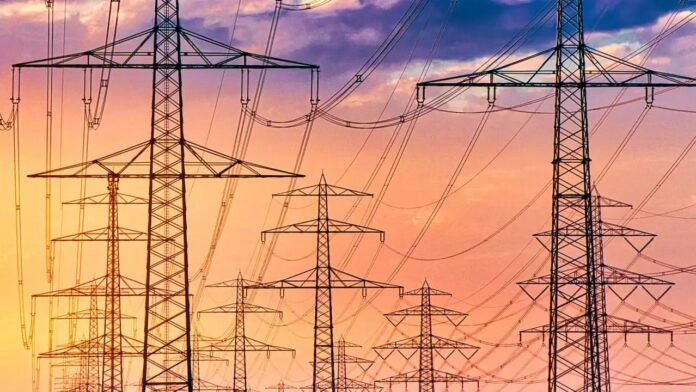The current situation of the electricity sector in Pakistan is challenging. Electrical sales have declined due to decreased demand, while capacity payments have increased. For instance, in the financial year 2025, this year’s unit capacity payment has risen to 18.39 PKR per unit from last year’s 17.01 PKR per unit, totaling above 2,110 billion PKR.Pakistan’s Electricity Sector Struggles with Costs.
Downfall of Electricity Sales Pakistan’s
Last fiscal year, it sold only 110 billion units of electricity, and for this fiscal year, it is expected that only 106 billion units will be sold as well. Despite the fall in electricity sales, Independent Power Producers (IPPs) continue to hold their profit margin and receive total payments. Officials from the Ministry of Energy say that, even if no single power unit is produced, there should still be a payment for capacity charges worth over PKR 2,110 billion.
Effect of Declining Sales Pakistan’s
The reduction in electric sales results in an increase in capacity charges. In addition, there has been a rise in the Use of System Charges. Moreover, transmission system usage costs have increased from Pk1.37/Unit (FY-2024) to Pk1.54/Unit (FY-2025). In addition, distribution margin and prior year adjustment are also growing. According to energy experts, falling demand for electricity and its sales means prices also increase. As a result, many customers are switching from the national grid to solar power.
Increasing Financial Burden
Capacity payments, which are increasing rapidly, constitute significant problems within the energy sector, according to several concerns raised by different players within the industry (IEA & World Bank Group, n.d.). These costs refer to monies paid to power producers so that they can produce electricity even when it is not used (IEA & World Bank Group, n.d.). This causes financial stress on the government, which must allot considerable amounts to meet these payments regardless of power usage.
Transitioning Towards Renewable Energy
This is mainly because electricity sales have been decreasing. After all, more consumers are turning to solar energy solutions, which reduce reliance on the national grid while still grappling with expensive electricity prices. In this regard, not only do electricity sales decrease, but this also affects financial sustainability in the energy sector.
Electricity demand and sales have remained low over time, posing a significant problem in Pakistan’s energy sector. Cost burdens, such as increased capacity payments and system charges, contribute to this issue. Easing the burden on the national grid would lead to a more sustainable energy future for Pakistan.


